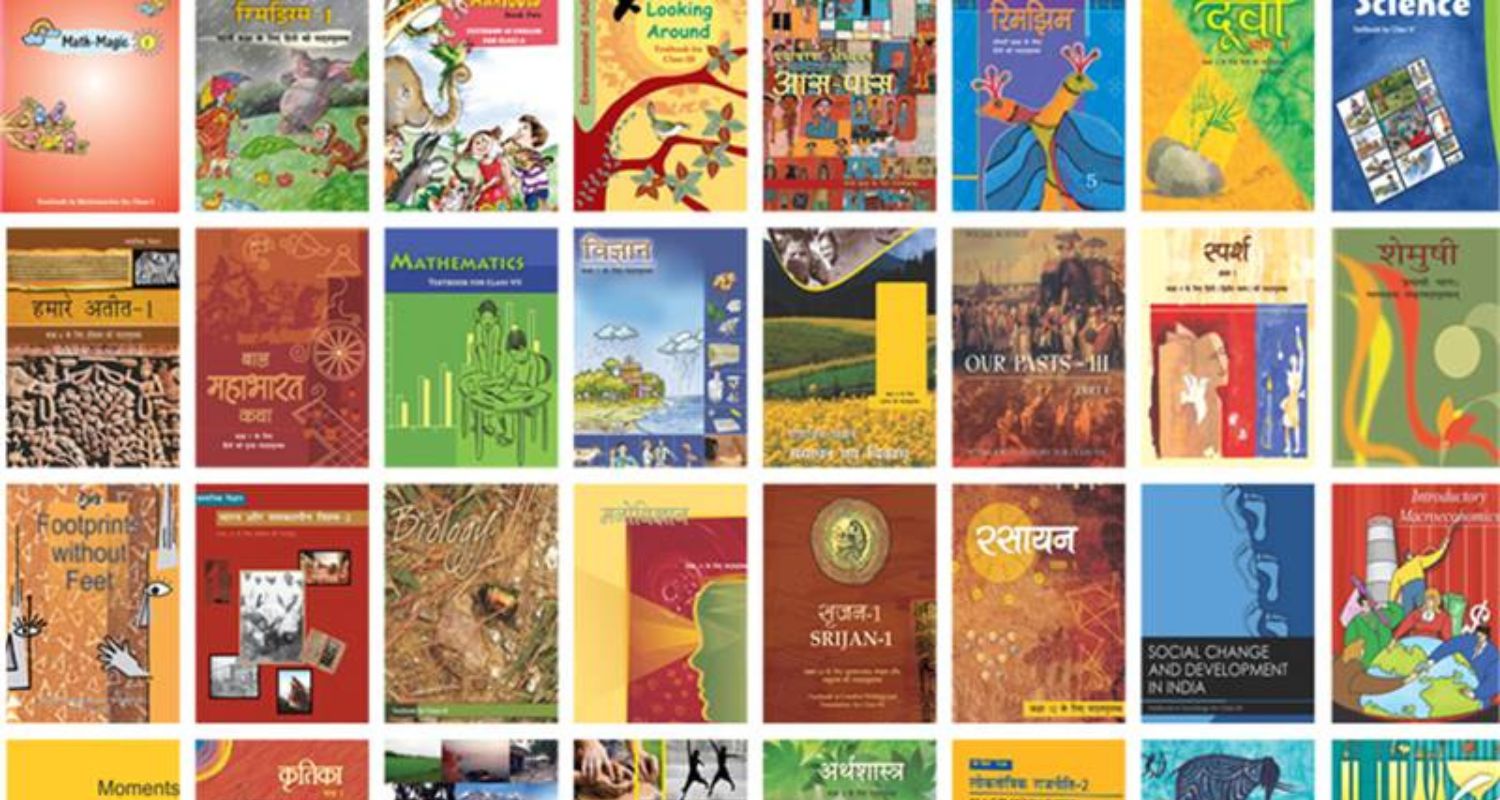The recent revisions to the Class 8 Social Science textbook by the National Council of Educational Research and Training (NCERT) have ignited a wave of controversy, drawing sharply contrasting reactions from religious communities. While several Muslim clerics have condemned the changes, alleging historical distortion and targeted defamation, a prominent Sikh cleric has welcomed the updated content, stating that it finally brings long-suppressed truths to light.
The revised textbook, titled ‘Reshaping India’s Political Map’, spans the history of India from the 13th to the 17th century. It covers the Delhi Sultanate, the Vijayanagara Empire, the Mughal era, and the emergence of Sikh power. Among the new additions are references to political instability, military campaigns, destruction of educational and religious institutions, and acts of religious intolerance — topics that were either absent or briefly mentioned in previous editions. The book emphasises specific instances of temple desecration and highlights the religious policies and conquests of the rulers of the time.

Mohammad Suleman, a founding member of the All India Muslim Personal Law Board (AIMPLB), strongly criticised the revisions. In a statement to national media, he alleged that the current political establishment was manipulating historical narratives. “Those in power, regardless of ideology, are distorting history. It’s no secret. A nation can only advance when history is understood in its actual context. Unfortunately, in today’s democratic framework, it’s disappointing to see how historical facts are being rewritten,” he said.
Suleman also accused the government of weakening credible academic institutions, such as the Indian History Congress. “They are not serving the country’s interest but harming it. They may mislead a few, but not everyone. Around the world, it is acknowledged that Aurangzeb was a Mughal ruler of India, even though he ruled with a sword. They’ve distorted facts even about Babur, who was invited by Rana Sangha — a detail found in many historical texts. Whether Babur was cruel or not is for readers to judge from authentic sources,” he added.
Also Read: U’khand’s first madrasa to offer Sanskrit as optional subject
Echoing similar sentiments, Maulana Nisar Ahmad Misbahi from Unnao described the changes as “forced defamation.” He emphasized that history should be presented accurately and impartially. “When historical figures are introduced to younger generations through textbooks, it must be done truthfully. Neither exaggerated glorification nor unjust defamation is healthy for the national discourse. Such biased portrayals only deepen social divisions,” he warned.
In contrast, the changes have been welcomed by sections of the Sikh community. Jagdip Singh Kahlon, General Secretary of the Delhi Sikh Gurdwara Management Committee (DSGMC), endorsed the NCERT’s revisions. Speaking to IANS, he said the updated content reflects the historical realities of the Mughal period, particularly the atrocities committed against Sikh Gurus and followers.
“This is a necessary and just decision. The Mughals committed grave atrocities — they martyred Guru Arjan Dev Ji, Guru Tegh Bahadur Sahib Ji, and the younger sons of Guru Gobind Singh Ji. This part of history has long been suppressed,” Kahlon said. He further alleged that successive governments, including during British rule and under the Congress, whitewashed the Mughal legacy and glorified rulers who, according to him, were responsible for widespread religious persecution.
Also Read: U'khand: Illegal madrasa students to shift to board-run ones
“It was shameful that the very rulers who killed our Gurus and demolished temples were honoured with roads and institutions named after them. The truth must be known — especially by our youth — about what really happened. If NCERT has made changes to reflect this truth, I wholeheartedly support it,” he added.
One of the new textbook entries highlights the role of Alauddin Khilji’s general, Malik Kafur, in attacking prominent Hindu centres such as Srirangam, Madurai, Chidambaram, and possibly Rameswaram. Another section notes that during the Delhi Sultanate’s rule, numerous attacks were carried out on sacred images in Buddhist, Jain, and Hindu temples, with motivations that included not only wealth and political dominance but also religious iconoclasm. The NCERT revisions have once again stirred debate over the portrayal of India's medieval history in school curricula — a subject that remains deeply intertwined with contemporary political and communal sensitivities.
Also Read: Punjab surpasses Kerala, Himachal in student learning outcomes



